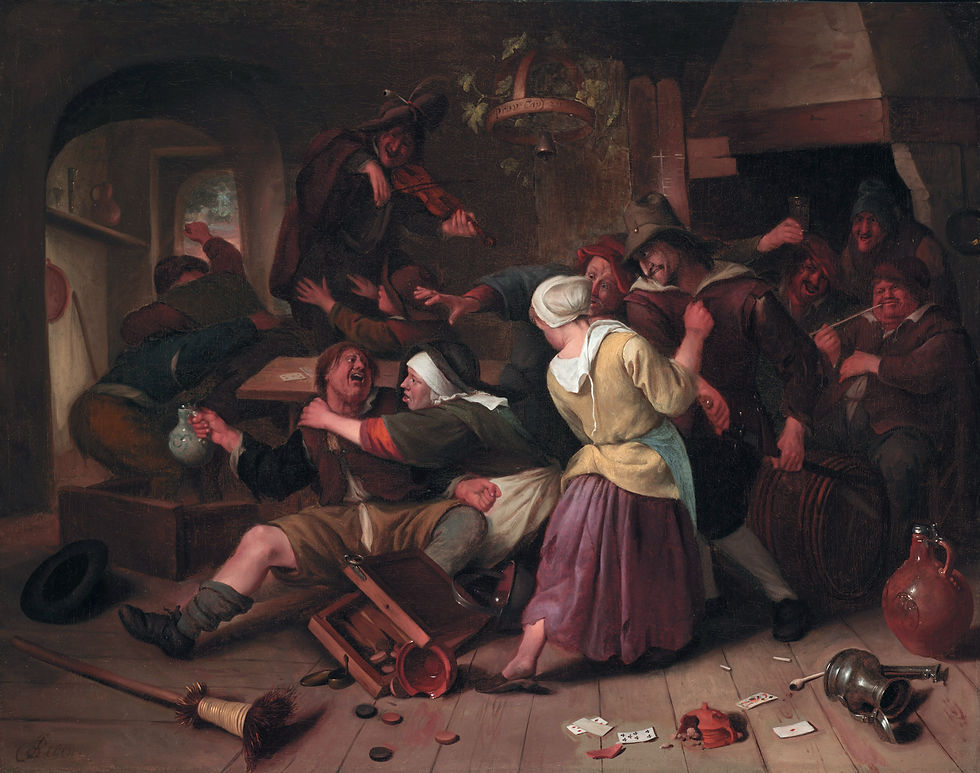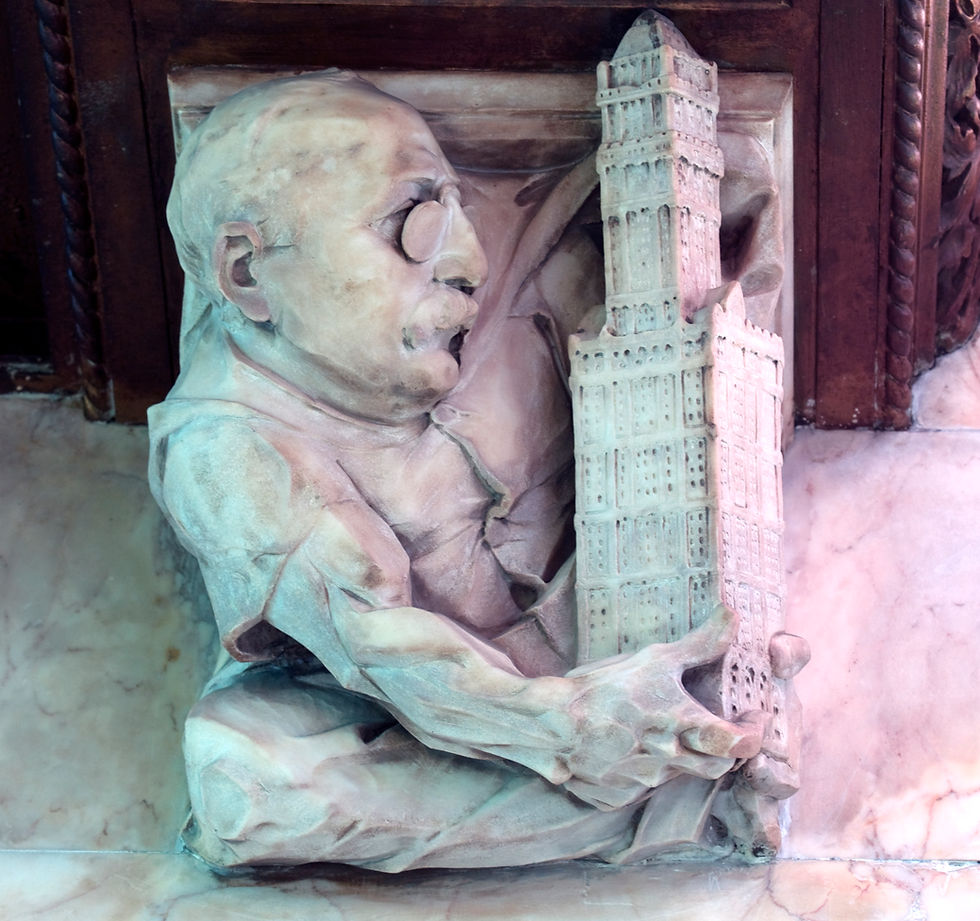Chapitre: Thomas Hobbes et le droit naturel
- Dec 1, 2008
- 2 min read
Updated: Jun 22, 2021
Arash Abizadeh. “Thomas Hobbes et le droit naturel.” In Droit naturel, relancer l’histoire? Ed. Xavier Dijon. Pp. 331-78. Brussels: Bruylant, 2008.
(English abstract follows)
Sommaire: Thomas Hobbes n’est pas un théoricien de la loi naturelle au sens traditionnel du terme : il s’est approprié le langage de cette tradition-là pour défendre paradoxalement une thèse qui synthétise les deux principales positions qui, à cette époque, s’y opposaient, à savoir la théorie des droits naturels et le conventionnalisme humaniste. Bien qu’il n’existe aucun bien intrinsèque, la raison découvre un seul bien dont la valeur ne dépende pas de la convention ; c’est la vie humaine, bien qui fonde le droit naturel à la conservation de soi. Ce droit naturel implique, à la fois, qu’il n’existe pas naturellement d’obligations morales mais qu’il est possible d’assumer par convention de telles obligations. Chez Hobbes, les lois de nature, par contraste, imposent des obligations non pas de type moral, mais de type instrumental-rationnel. Hobbes emploie le discours relatif à la loi naturelle dans le but de formuler sa propre réponse au scepticisme qui s’est exprimé vers la fin du XVIe siècle, c’est-à-dire sa « découverte » d’un bien transcendantal indubitable.
Abstract: Thomas Hobbes was not a natural law theorist in any traditional sense. Indeed, he paradoxically appropriated the language of natural law theory to defend a synthesis of its two main sixteenth-century European rivals: humanist conventionalism and natural rights theory. Against the natural law theorists, he denied the existence of any natural moral duties and any objective, intrinsic values. All moral obligations arise by convention and, with a single exception, all goods are good by convention. The exceptional good is life, which is not an intrinsic but a transcendental good discoverable by reason, and which grounds a natural right to self-preservation. This natural right entails both the absence of any moral obligations by nature, and the power to take on moral obligations by convention. But reason also discovers that the exercise of an unlimited right of nature, unrestricted by moral obligations, leads to a state of war, hence jeopardizing the very thing whose self-evident value grounds that right in the first place. Reason thus suggests a set of precepts, which Hobbes called laws of nature, which recommend adopting moral obligations by convention and abandoning the state of nature. But these “laws” themselves impose instrumentally rational, rather than moral, obligations. The point of using the discourse of natural law, for Hobbes, was to express his answer to late sixteenth-century scepticism, namely, his discovery of a transcendental good not open to doubt.
(c) 2008 Etablissements Emile Bruylant, S.A.




Comments